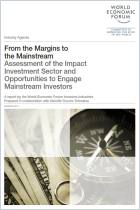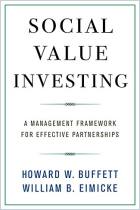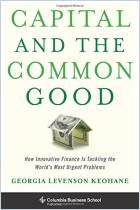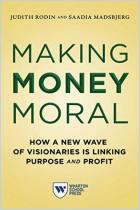
Social Service, Private Gain
The Political Economy of Social Impact Bonds
Recommendation
Social impact bonds are all the rage among financiers who argue that the profit motive can help nations and municipalities tackle such thorny issues as dysfunctional families and chronic crime. Balderdash, say authors Jesse Hajer and John Loxley, although they make their argument in a far more measured way. The professors detail the rise of social impact bonds, noting that this new financing mechanism is necessary only because governments have gutted social programs. Their well-argued case may not convince all readers, but their work offers important food for thought.
Summary
About the Authors
Jesse Hajer is an economics professor at the University of Manitoba. The late John Loxley was also an economics professor there, as well as a fellow of the Royal Society of Canada.




















Comment on this summary or Démarrer une discussion